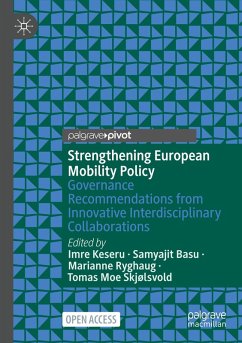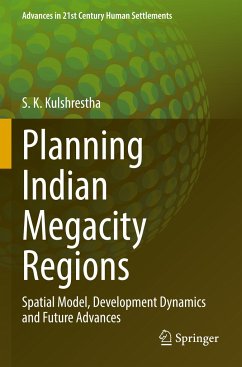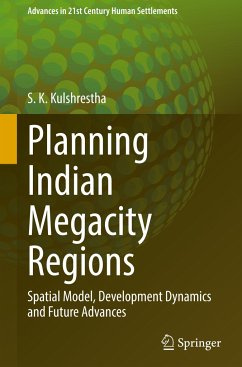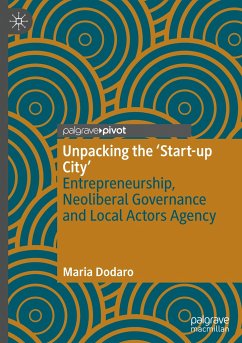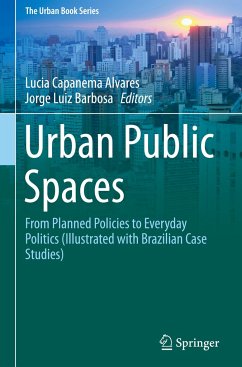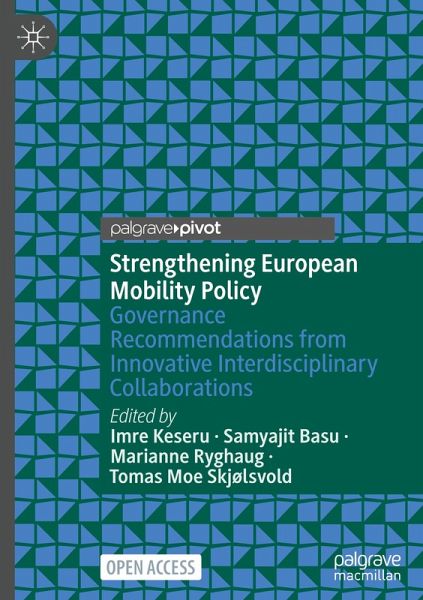
Strengthening European Mobility Policy
Governance Recommendations from Innovative Interdisciplinary Collaborations
Herausgegeben: Keseru, Imre; Basu, Samyajit; Ryghaug, Marianne; Skjølsvold, Tomas Moe
Versandkostenfrei!
Versandfertig in 6-10 Tagen
23,99 €
inkl. MwSt.

PAYBACK Punkte
12 °P sammeln!
This open access book showcases innovative collaborations between the Social Sciences and Humanities (SSH) and Science, Technology, Engineering, and Mathematics (STEM) disciplines to benefit European mobility policy. Each chapter has been researched by a team encompassing both social and technical expertise. The book presents nine policy recommendations aimed at enhancing mobility and logistics.It will interest anyone involved in researching, developing, implementing, or evaluating mobility and logistics policy at local, national, or international levels. It is also valuable for those seeking ...
This open access book showcases innovative collaborations between the Social Sciences and Humanities (SSH) and Science, Technology, Engineering, and Mathematics (STEM) disciplines to benefit European mobility policy. Each chapter has been researched by a team encompassing both social and technical expertise. The book presents nine policy recommendations aimed at enhancing mobility and logistics.
It will interest anyone involved in researching, developing, implementing, or evaluating mobility and logistics policy at local, national, or international levels. It is also valuable for those seeking to expand the use of interdisciplinary research to achieve sustainability goals.
Part of a three-volume collection covering climate, energy, and mobility policy.
It will interest anyone involved in researching, developing, implementing, or evaluating mobility and logistics policy at local, national, or international levels. It is also valuable for those seeking to expand the use of interdisciplinary research to achieve sustainability goals.
Part of a three-volume collection covering climate, energy, and mobility policy.



